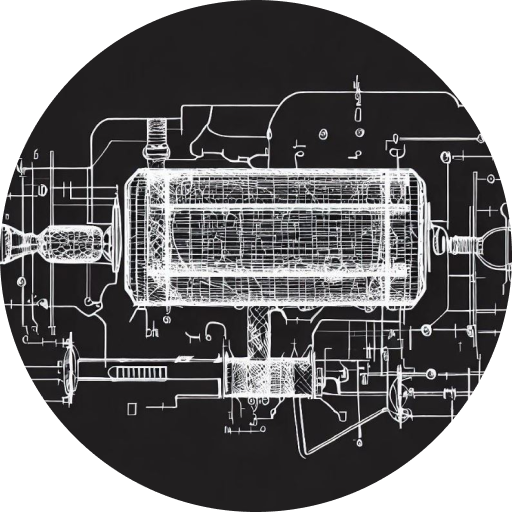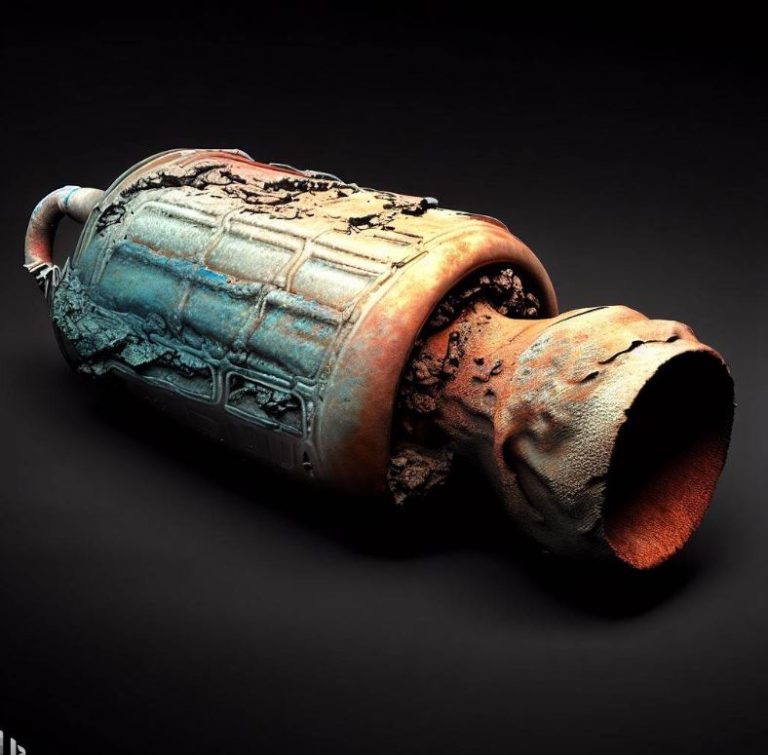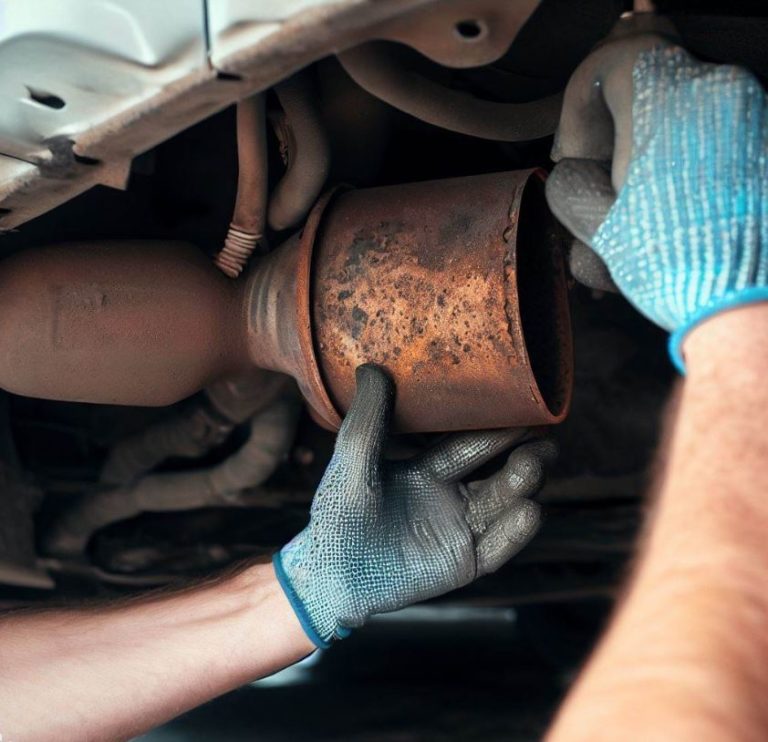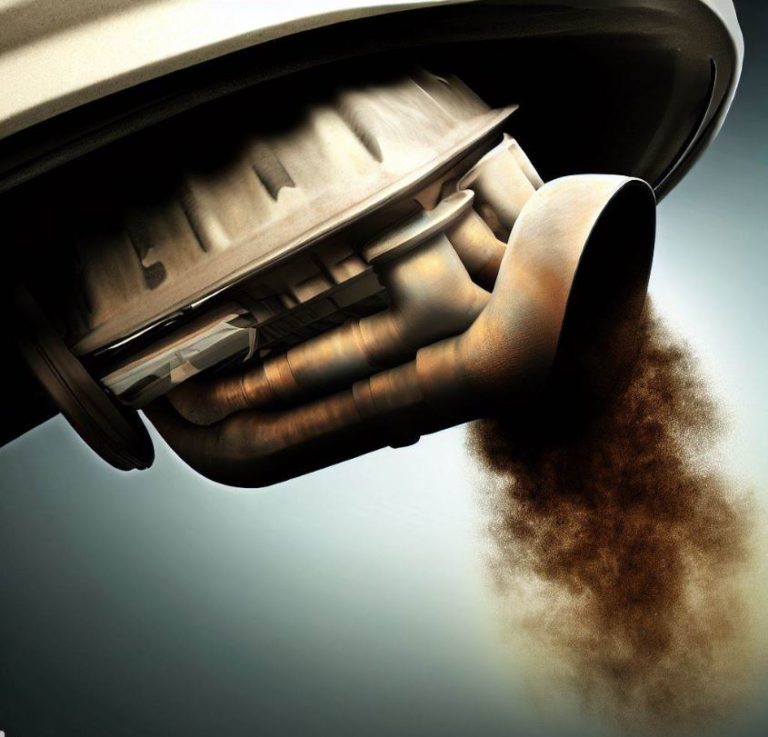The Lifespan of Catalytic Converters: What to Expect
A catalytic converter, an important device in the exhaust system of vehicles, aids in reducing harmful emissions. Its lifespan can be quite long, often matching the life expectancy of the vehicle itself. According to U.S. Environmental Protection Agency, a well-maintained catalytic converter can last for 100,000 miles or more.
Average Lifespan of a Catalytic Converter
On average, a catalytic converter can last between 70,000 and 100,000 miles. However, this lifespan greatly depends on various factors, including the vehicle’s make, model, usage, and maintenance levels. It’s important to note that a catalytic converter is not a component that wears out with regular use, unlike brake pads or tires. Instead, its failure is usually a sign of other underlying issues in the vehicle.
Factors Influencing the Lifespan of a Catalytic Converter
The condition of the engine greatly influences the lifespan of the catalytic converter. A well-maintained engine that runs efficiently will result in a longer-lasting catalytic converter. Conversely, engine problems, such as misfires, can cause damage to the converter over time. Furthermore, the type of fuel used can also have an impact, as certain additives can coat the catalyst and reduce its effectiveness.
Signs of a Failing Catalytic Converter
Identifying the signs of a failing catalytic converter can help prevent further damage to the vehicle. These symptoms might include a noticeable decrease in fuel efficiency, difficulty starting the vehicle, or a check engine light that stays on. In more severe cases, there might be a noticeable sulfur smell (like rotten eggs) from the exhaust.
What to Do When Your Catalytic Converter’s Lifespan Is Ending
When your catalytic converter starts to fail, it’s best to address the issue promptly. Depending on the specific problem, solutions can range from cleaning the converter to replacing it entirely. Ignoring the issue can lead to severe consequences, such as increased harmful emissions and decreased engine performance.
Conclusion
Understanding the lifespan of a catalytic converter and what affects its longevity is crucial for maintaining your vehicle’s performance and reducing its environmental impact. By regularly checking for signs of a failing converter and taking prompt corrective action, you can extend its life and ensure your vehicle runs efficiently.
For more in-depth information, consider the articles “Understanding What Causes a Catalytic Converter to Fail” and “Fixing Your Catalytic Converter Without Replacement: Is it Possible?“.
- Upgrade Your Honda Accord with the Best Catalytic Converter for Enhanced Performance - October 30, 2023
- Boost Your Chrysler 300’s Performance with a High-Quality Catalytic Converter - October 30, 2023
- Enhance Your Jeep Liberty Performance with a Catalytic Converter - October 30, 2023









